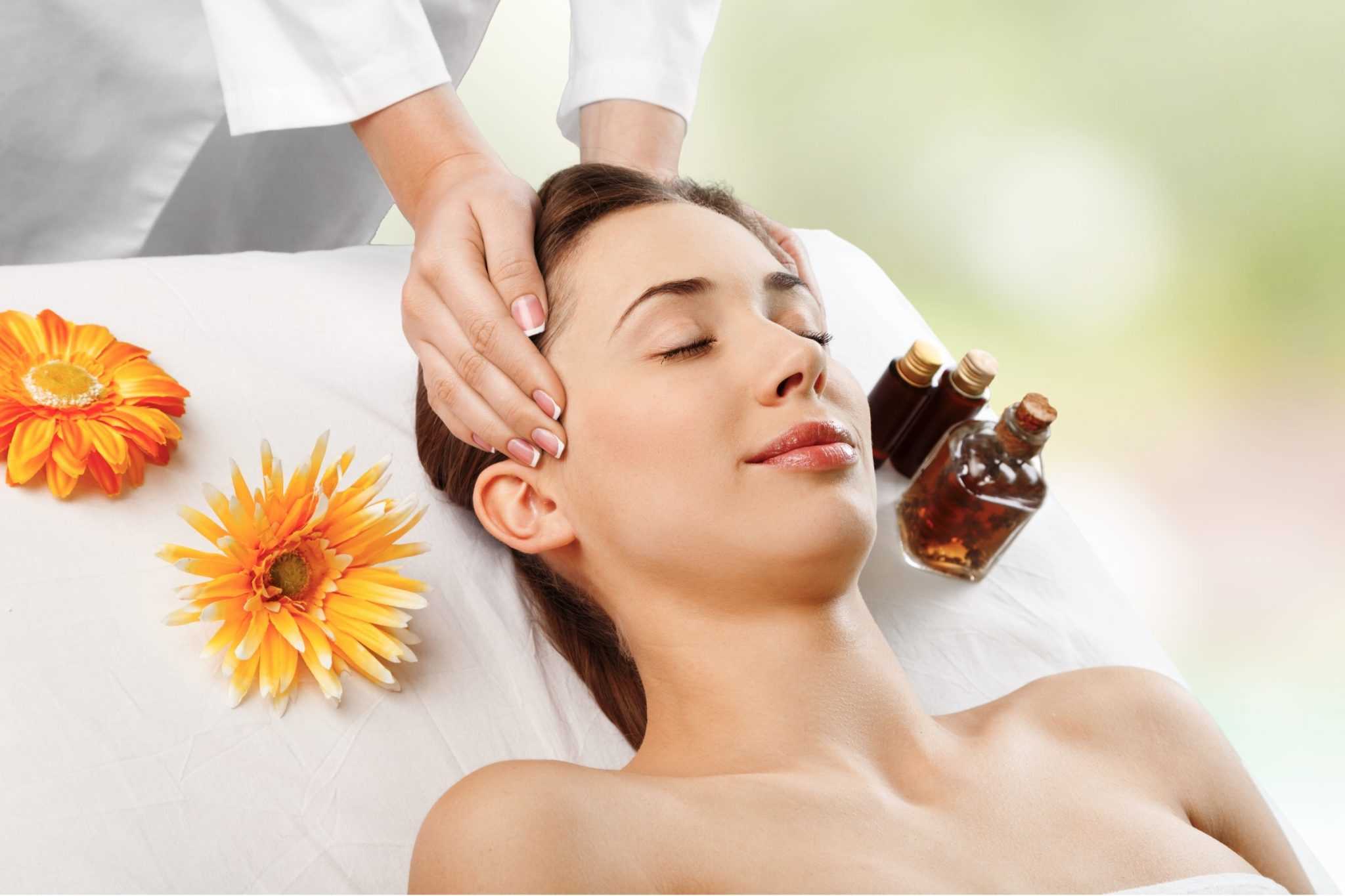It seems that many people nowadays are utilizing essential oils to provide relief to a variety of factors. But what are essential oils exactly? Essential oils are derived from plant matter through a distillation process. After distillation, the oils typically retain the aroma of the plant they are derived from, and they are also a more concentrated form of the plant’s healing properties. Essential oils are often associated with aromatherapy where the oils are put into a diffuser to spread the particular oils aroma into the home environment for mood elevation, but they can also be used in other ways like boosting the immune system, healing of skin rashes and injuries, and even headache and tension relief. Here are the five best essential oils that can be used on a daily basis.
Lavender
Lavender oil is commonly used as a stress reliever either through diffusion or topical application. A few drops of lavender oil rubbed into the back of the neck, the temples, and forehead can provide immediate stress relief while diffusing it at night aids in falling asleep when insomnia is an issue. It’s also very effective when applied topically to skin irritations like rashes, poison ivy, sunburn and even hives. A cup of Epsom salts combined with twenty drops of lavender oil and added to bathwater is a great way to soak away stress.
Peppermint
Peppermint oil is one of the few oils that can be used internally for digestive issues. It’s better known as a headache reliever. A few drops of peppermint oil rubbed on the back of the neck and temples can relieve headaches in a very short amount of time. It’s also a great mood and focus enhancer when diffused. Peppermint oil combined with baking soda is a great natural toothpaste.
Frankincense
Frankincense can be used to reduce inflammation, and it’s good for the skin too. Arthritis, sprains, bruising, scrapes, and cuts respond positively to the application of a few drops of Frankincense on the affected area. It can also be used in combination with peppermint oil to add some cooling relief to an injury. A diffusion of frankincense helps relieve brain inflammation which allows for better focus and concentration. Frankincense is also a great way to treat skin issues like sun spots, age spots and scarring.
Citrus
Oils from the citrus family helps with immunity by supporting the lymphatic system. Lemon oil is one of the most popular citrus oils because it can also be used as a natural cleaner around the house. Once cleaned, the fresh and invigorating aroma of the lemon oil remains for some time for family and guests to enjoy.
Tea Tree Oil
Tea Tree Oil makes a great anti-microbial treatment for issues like toenail and fingernail fungus. A combination of tea tree oil and lavender works well to alleviate eczema and psoriasis. It’s also very effective when used on moldy areas of the home like showers as places like kitchen counter tops where food has been prepared. It can also be used as a great natural alternative to hand sanitizer.
Of course, there are times when bodily ailments need to be treated with doctor recommended medicines like prescription drugs, but the natural healing properties of essential oils can be just the thing for minor ailments and as a support for various bodily systems. Using certain essential oils as a preventative treatment to boost the immune system might also reduce the amount of doctor visits, especially during the cold weather months of the year. With so many different brands of oils on the market it’s best to take the time to find someone you know or a health care professional knowledgeable in essential oils to recommend the highest quality brand of essential oils to purchase.
Anica Oaks
Recent Posts
- Castor Oil For Better Hair Growth: Is It Myth Or Fact?
- Exploring the Differences Between Sermorelin, Ipamorelin, Ibutamoren, GHRP2, and GHRP6: Understanding Their Role in Human Growth Hormone Regulation
- Unraveling the Mystery: Understanding the Causes and Prognosis of Ventricular Tachycardia Without Apparent Heart Disease
- Understanding Grandparents’ Rights in Oklahoma: Navigating Visitation and Legal Protections
- 10 Reasons to Consider Hypnotherapy for Your Health

